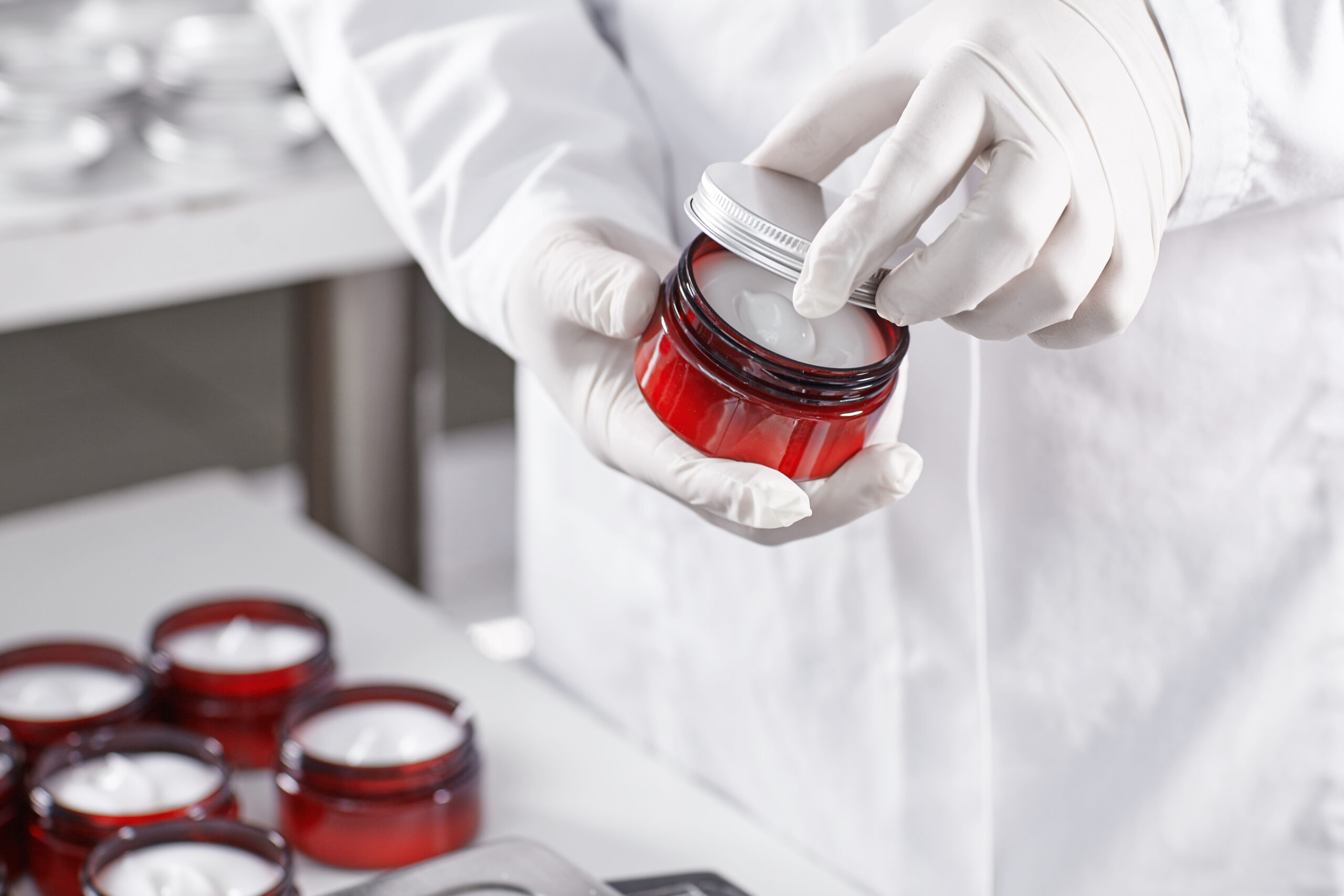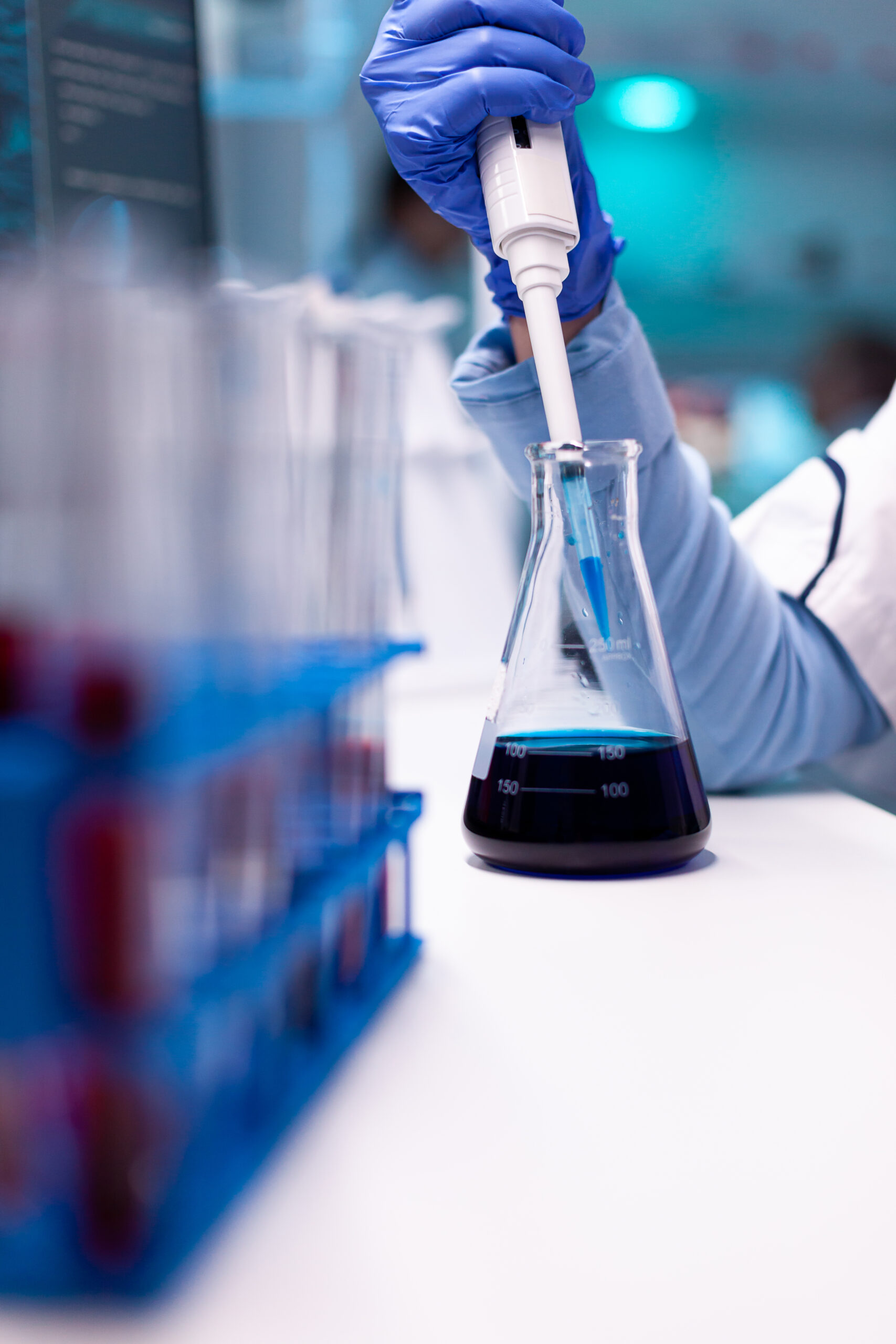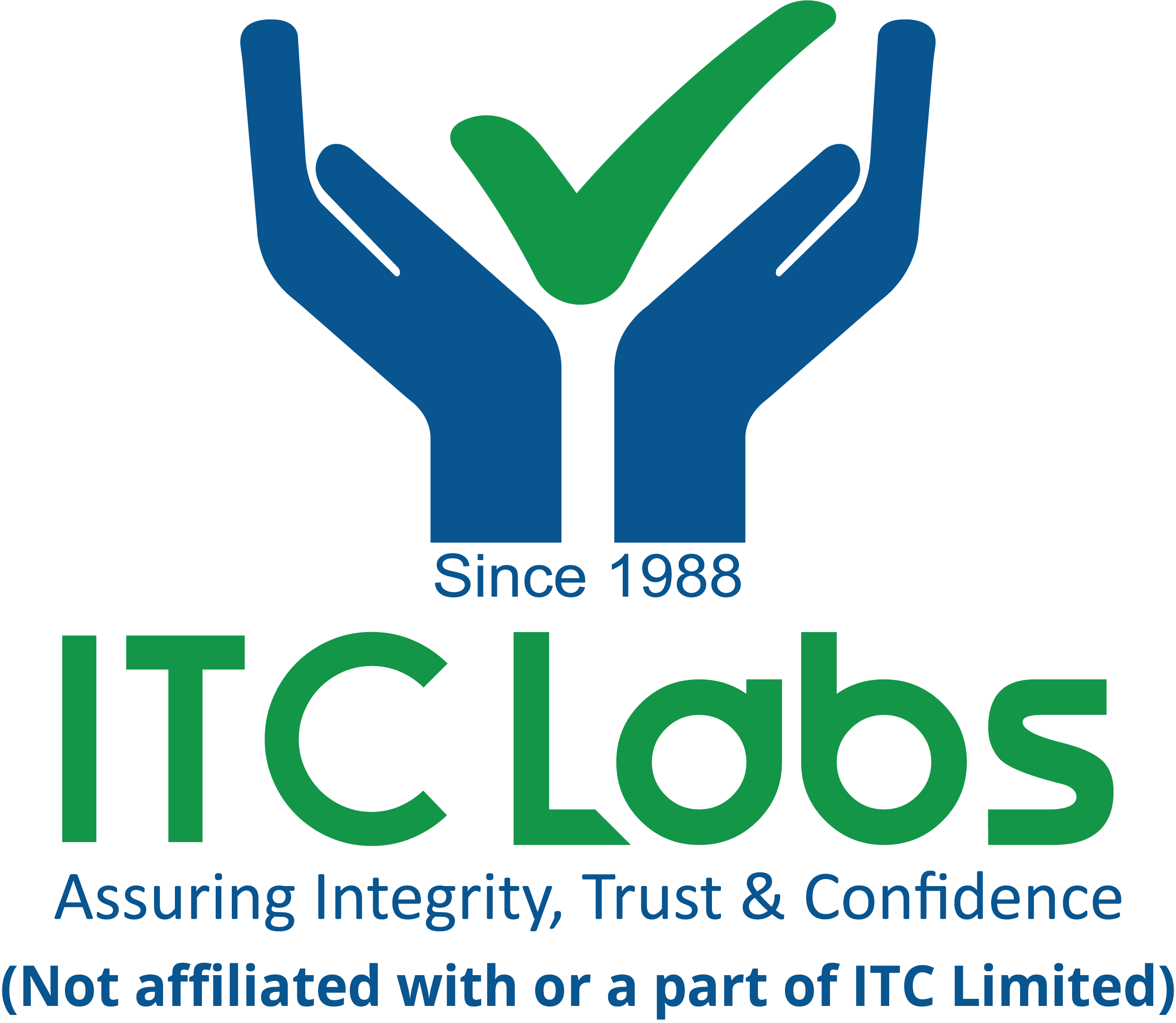Cosmetics are an integral part of daily life for many individuals, enhancing personal care and beauty routines. From toothpaste to night cream, our days are not complete without cosmetic and personal care products. Ensuring the safety and quality of these products is paramount as they come directly in contact with the skin.
Notably, analyses have identified at least 146 cosmetic ingredients that may contain impurities linked to serious health hazards, including cancer. To address these concerns, comprehensive safety assessments are conducted in accordance with regulations such as EC/1223/2009, which outlines stringent requirements for cosmetic products.
Comprehensive Cosmetic Testing
At ITC Labs, we offer a wide range of testing services for both raw materials and finished cosmetic products to ensure their safety, efficacy, and compliance with regulatory standards.
Our services include:
Our services include:
- Quality Parameters: Assessing the overall quality and stability of cosmetic products.
- Heavy Metals Analysis: Detecting and quantifying metals that could pose health risks.
- Phthalates Testing: Identifying the presence of these plasticizers, which may have adverse health effects.
- Preservative Analysis (Parabens, Sulphates): Ensuring preservative levels are within safe and acceptable limits.
- 1,4-Dioxane Detection: Screening for this potential carcinogenic contaminant.
- Bisphenol A (BPA) Testing: Evaluating products for the presence of BPA, a compound of concern in consumer products.
- Residual Formaldehyde Assessment: Measuring levels of formaldehyde, a known irritant and potential carcinogen.
- Herbal Identification: Verifying the authenticity and quality of herbal ingredients.
- Residual Solvents Analysis: Detecting solvents that may remain from the manufacturing process.
- Aflatoxins Testing: Ensuring products are free from these toxic metabolites produced by certain fungi.
- Pesticide Residue Analysis: Confirming the absence of harmful pesticide residues.
- Preservative Challenge Test (Preservative Efficacy Test): Assessing the effectiveness of preservatives in inhibiting microbial growth.
- Acute Toxicity Testing: Evaluating the potential immediate harmful effects of products.
- Skin Irritation Testing: Assessing the potential of products to cause skin irritation.
- Thermal Stability and Shelf-Life Studies: Determining product stability under various conditions to establish shelf life.


Microbiological Testing
- Microbial Limit Tests: To ensure the microbial content of the cosmetics and cosmetic raw materials.
- Product is tested as per IS 14648 for microbiological parameters like TAMC, TYMC, Gram Negative Pathogens (i.e., E.coli and P.aeruginosa), S.aureus and C.albicans.
- MLT (for cosmetic products as per IS 14648) Method Developments, Validations and Verification based on USP <1227>.
- Preservative Efficacy Test (PET): Tests to assess the effectiveness of antimicrobial protection in products such as cosmetics, personal care items, dietary supplements etc. as per USP method for Preservative efficacy testing.
- The tests and criteria apply to the original, unopened container of the product.
- PET Method Development, Validation and Verification based on USP <1227>.
- BET and Sterility Testing: Applied to products meant for sensitive areas (e.g., eyes) to ensure they are sterile, free from bacterial endotoxins and safe for use. Sterility testing by membrane filtration method and direct inoculation method shall be applied based on the nature of the product and BET shall be performed by Gel Clot Method.
Chemical Analysis
- Ingredient Analysis: (As per latest IS And ISO Specs)
- Fluoride Testing by Fluoride Ion Sensitive Electrode, Foaming Power, pH, Fineness by sieve in Toothpaste/ Toothpowder.
- Total fatty matter, matter insoluble in alcohol, Foam Height (with Dedicated Foam Height Apparatus), Free Caustic alkali in Shampoo (Soap Based)
- Acid Value, Peroxide value, Iodine Value in Hair Oil Products.
- Thermal stability, Solid content (residue on evaporation), Loss on Drying, Total Ash in Face Pack products.
- Moisture and volatile matter, Cold Water Extract, crude fibre, Mineral Matter, Acid insoluble ash, Absence of extraneous Synthetic dyes, Lawsone pigment in Henna powder (Mehendi).
- pH, Active matter as PPD, Dye ingredients (PPD) in Hair dyes, Hair Colours, Liquid hair Dyes.
- Total fatty substance content, pH, Thermal stability, Total residue in Skin Care Products (Moisturisers, Lotions, Creams, Scrubs, Cleansing Milk, Facial Creams, Sun Creams).
- Softening point, Rancidity, Breaking load, Freedom from grittiness in Lipstick, Liquid Lip Colours, Lip Gloss.
- Non –volatile matter, Drying time, Adhesion test in Nail polish/ Nail Paints.
- Total fatty matter, free caustic alkali, matter insoluble in alcohol, chlorides, free carbonated alkali in Toilet Soap.
- Lather, Mush, Free caustic alkali, Free carbonated alkali, Total fatty matter, Free caustic alkali or fatty acid, Matter insoluble in water, Total alkalinity of Matter insoluble in alcohol in Bathing Bar/ Baby bathing Bars.
- Heavy Metal Testing checks for the presence & levels of toxic metals like Lead, Mercury, Arsenic, Cobalt, chromium, Nickel, Iron etc. which are restricted & regulated in cosmetics.

01
Quality Parameters
Assessing the overall quality and stability of cosmetic products.
02
Heavy Metals Analysis
Detecting and quantifying metals that could pose health risks.
03
Phthalates Testing
Identifying the presence of these plasticizers, which may have adverse health effects.
04
Quality Parameters
Assessing the overall quality and stability of cosmetic products.
05
1,4-Dioxane Detection
Screening for this potential carcinogenic contaminant.
06
Bisphenol A (BPA) Testing
Evaluating products for the presence of BPA, a compound of concern in consumer products.
07
Residual Formaldehyde Assessment
Measuring levels of formaldehyde, a known irritant and potential carcinogen.
08
Herbal Identification
Verifying the authenticity and quality of herbal ingredients.
09
Residual Solvents Analysis
Detecting solvents that may remain from the manufacturing process. .
10
Aflatoxins Testing
Ensuring products are free from these toxic metabolites produced by certain fungi.
11
Pesticide Residue Analysis
Confirming the absence of harmful pesticide residues.
12
Preservative Challenge Test (Preservative Efficacy Test)
Assessing the effectiveness of preservatives in inhibiting microbial growth.
13
Acute Toxicity Testing
Confirming the absence of harmful pesticide residues.
14
Skin Irritation Testing
Assessing the potential of products to cause skin irritation
15
Thermal Stability and Shelf-Life Studies
Determining product stability under various conditions to establish shelf life.

Why Choose ITC Labs for Cosmetic Testing?
With over 36 years of expertise in analytical testing and quality assurance, ITC Labs is a trusted partner in the cosmetics industry. Our facilities and experienced professionals are dedicated to delivering accurate, reliable, and timely testing services. We prioritise client satisfaction by providing comprehensive reports and personalized support, helping businesses navigate complex regulatory landscapes and maintain high-quality standards.
Exceptional Testing Facilities
Ensuring the safety and compliance of cosmetic products is essential in today's market. ITC Labs is committed to supporting your business with our extensive testing services, industry expertise, and unwavering dedication to excellence. Partner with us to safeguard your brand's reputation and meet the stringent demands of global consumers.
Exceptional Testing Facilities
Ensuring the safety and compliance of cosmetic products is essential in today's market. ITC Labs is committed to supporting your business with our extensive testing services, industry expertise, and unwavering dedication to excellence. Partner with us to safeguard your brand's reputation and meet the stringent demands of global consumers.
FAQ
Cosmetic testing ensures that products are safe for consumer use and comply with regulatory standards. It helps identify potentially harmful substances and verifies that products are free from contaminants, thereby protecting consumer health and maintaining brand integrity.
No, ITC Labs does not conduct animal testing for cosmetics. We utilize alternative testing methods that are ethical and comply with international regulations, ensuring accurate and reliable results without the use of animal subjects.
The duration of cosmetic testing varies depending on the specific tests required. For instance, a preservative efficacy test (challenge test) typically takes about 4 weeks, while microbiological specifications tests can be completed in approximately 3 days. Accelerated stability and compatibility tests usually require around 3 months. Upon receiving your samples, we will provide a detailed timeline tailored to your testing needs.
Yes, ITC Labs offers comprehensive testing services for both raw materials and finished cosmetic products. Our services encompass quality assessment, contaminant detection, microbiological analysis, and more, ensuring that all components of your cosmetic products are safe and compliant.

